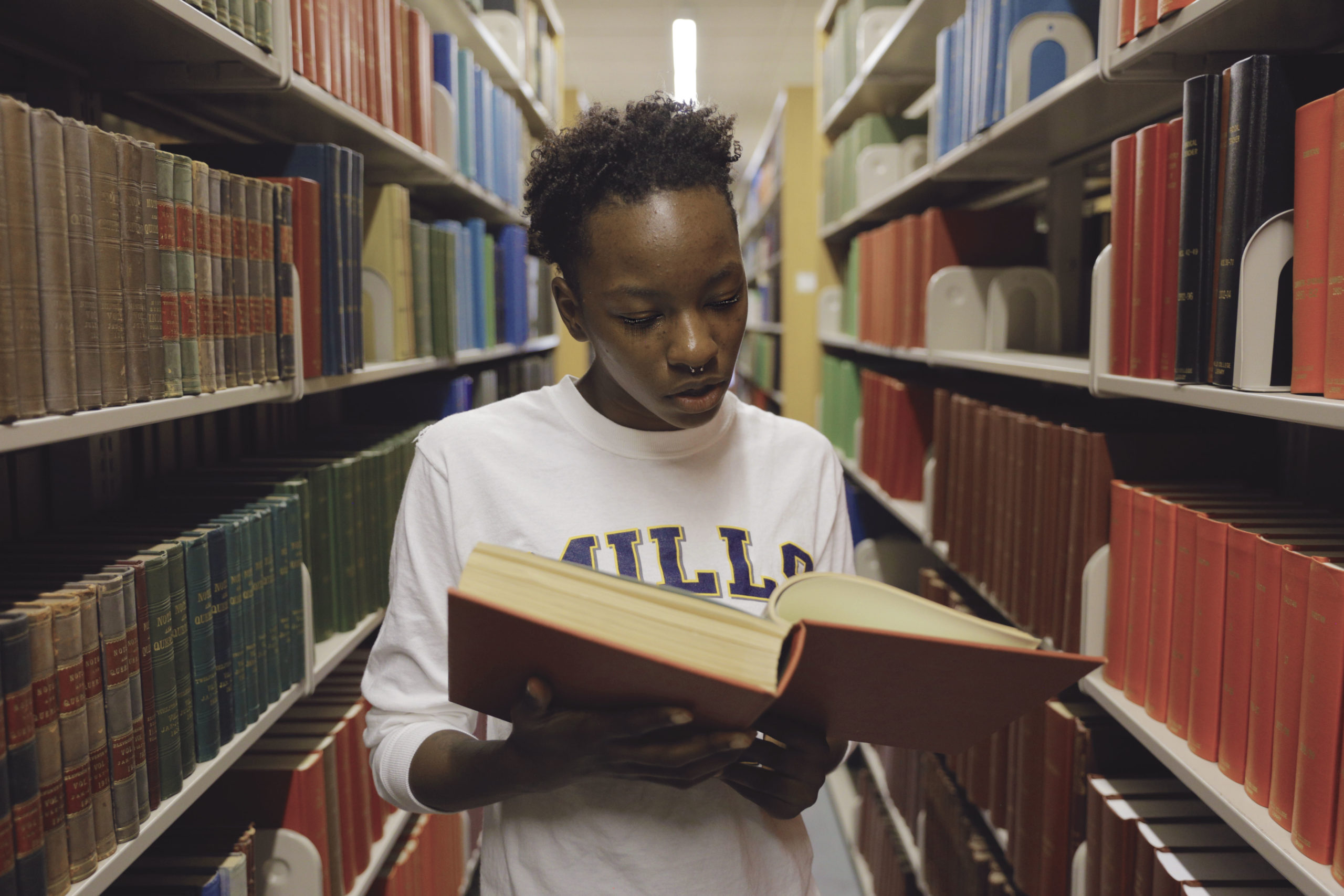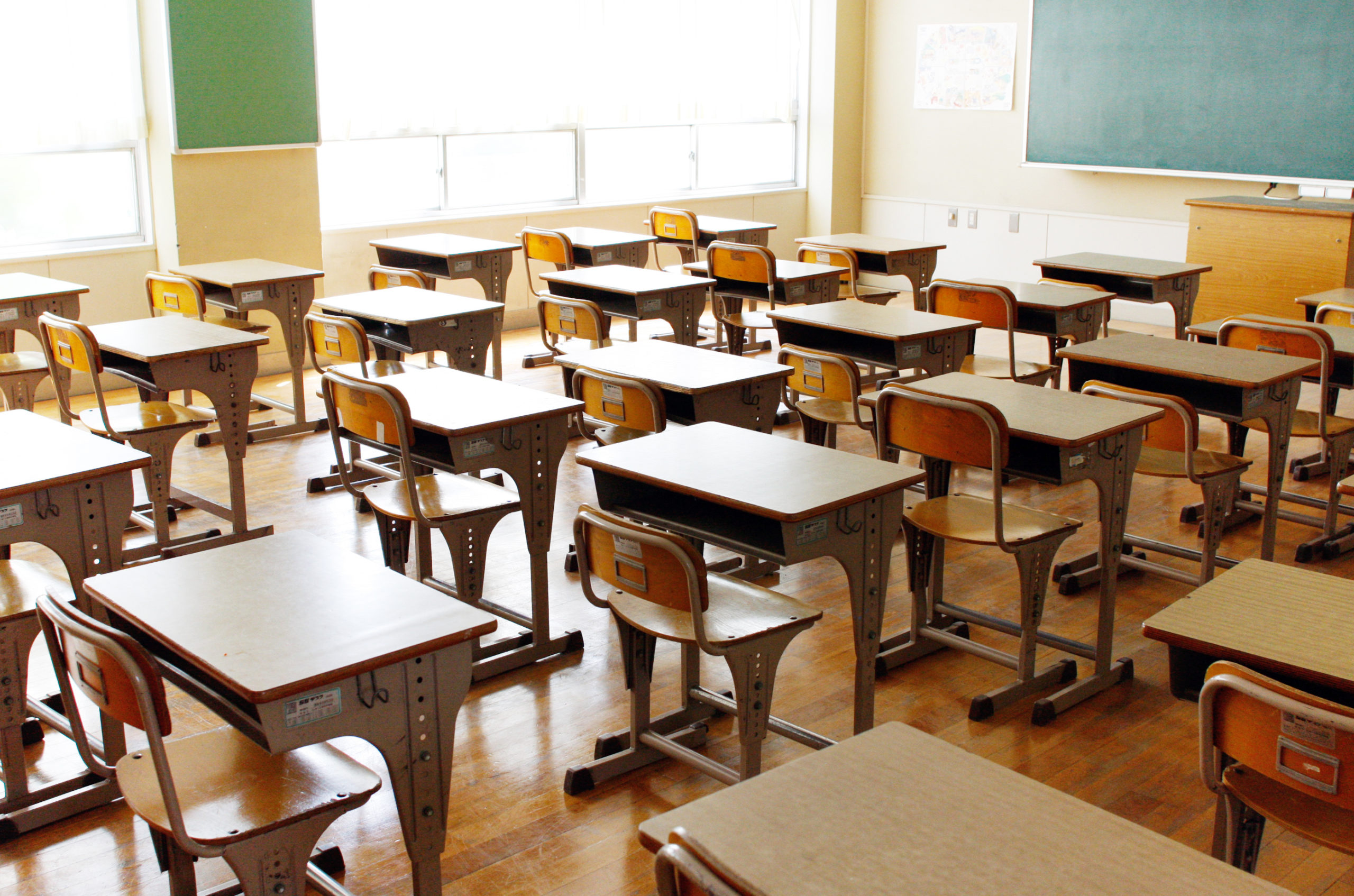Abortion rights, women of color, and LGBTQI+ people are under attack. Pledge to join us in fighting for gender justice.
NWLC Asks Appeals Court to Revive Title IX Legal Battle on Behalf of Student Survivor

On October 15, 2021, NWLC, along with co-counsel Mastando & Artrip LLP and the Georgetown Appellate Immersion Clinic, filed an appeal to the 11th Circuit asking the court to reverse a decision that dismissed a student survivor’s case. On October 22, 2021, a group of expert psychologists filed a motion seeking permission to submit an amicus brief in support of the student survivor, A.P., urging the court to revive this Title IX case, given that the defendants’ actions and the lower court’s reasoning were based on faulty and harmful stereotypes concerning survivors’ behavior. On May 11, 2022, the 11th Circuit accepted the mental health professionals and trauma experts’ amicus brief in support of A.P.’s appeal.On January 26, 2022, our team filed its reply brief in the pending appeal, and we are now awaiting the hearing and the 11th Circuit decision.
**Content warning for description of sexual assault below**
Disclosing that you have been sexually assaulted is a daunting task. On top of dealing with the aftermath of an assault, the moment you articulate what happened, there’s an added fear that the person you tell will not believe you or that they will blame you for what happened. When our client, A.P., a 16-year-old high school student reported her assault to school officials, not only was she blamed and disbelieved—she was punished
That’s why, in August 2019, the National Women’s Law Center, along with co-counsel Mastando & Artrip LLC and Penn Law LLC, filed A.P. v. Fayette County School District in the Northern District of Georgia on A.P.’s behalf. The day after she was assaulted, A.P. told a teacher, two counsellors, and two assistant principals that a male student choked her and forced her to perform oral sex on campus. In response, school officials interrogated A.P. and blamed her for the assault, and ultimately expelled her for violating the student code of conduct’s “sexual improprieties” provision. Since being expelled, A.P. has not been able to complete her high school education. Our lawsuit argues the Fayette County school district and school officials’ response to A.P.’s report of sexual assault was retaliatory and violated her Title IX and constitutional right to be free from sex discrimination.
In June 2021, a federal district judge improperly threw out A.P.’s lawsuit in a decision that parrots many of the same misconceptions regarding survivors’ behavior that the school advanced. We appealed the district court’s decision to the Eleventh Circuit, which can now decide to allow A.P.’s case to continue. As we explain in our appeal, the district court made many factual and legal errors in finding that the school’s response to A.P.’s report was “reasonable,” despite significant evidence to the contrary. In particular, the judge inappropriately pointed to A.P.’s behavior both before and after the assault, documented on a school surveillance video (which did not capture the assault itself), as evidence that the school could reasonably conclude A.P. was not sexually assaulted. Our appeal also points out that the District Court failed to properly address A.P.’s retaliation claim that had she not exercised her right to report the assault, she would not have been expelled. Such a response clearly deters survivors from coming forward.
Well-settled social science research makes clear that there is no singular way that survivors react to sexual assault and that responses to trauma vary widely and may be counterintuitive to many lay people. On May 11, 2022, the 11th Circuit accepted mental health professionals and trauma experts’ amicus brief in support of A.P.’s appeal , explaining the district court improperly relied on dispelled rape myths, including the idea that consent can be determined by a victim’s behavior before or after an assault. To the contrary, ample research supports that A.P.’s pre- and post-assault behavior—such as “acting friendly” with her abuser and feeling hesitant about reporting the incident—is often typical of survivors and provides no information about whether a sexual assault actually occurred. In their proposed amicus brief, amici also explain that A.P. experienced severe institutional betrayal when school officials took her out of class, confiscated her phone, suspended, and ultimately expelled her from school. This institutional betrayal only exacerbated A.P.’s harm. Given experts’ consensus regarding the ways the court relied on faulty stereotypes concerning survivors in reaching its conclusion to dismiss the case, amici would support the conclusion that the district court was wrong to characterize the school’s response as “reasonable,” and therefore A.P’s case should continue.
While it may shock one to hear A.P.’s story, unfortunately, it is not unique. In the same federal district, another female high school student was punished under her school’s student code of conduct after she reported she was sexually assaulted by a male student after school. In Doe v. Gwinnett County Public Schools, the district court also threw out Doe’s case, incorrectly deciding that even though there was evidence of sexual assault, this was not sufficiently “severe, pervasive, and objectively offensive” to violate Title IX because there was only one such assault. This is case is also being appealed to the 11th Circuit. Both Fayette and Gwinnett illustrate troubling examples of schools failing to address sexual assault and, even worse, punishing student survivors who come forward.
Schools have a responsibility to ensure that their students have access to a safe educational environment. NWLC is determined to continue this legal battle for A.P. and other student survivors. We are hopeful that the Eleventh Circuit federal appeals court will hold institutions accountable for their harmful responses to sexual assaults in their schools.





